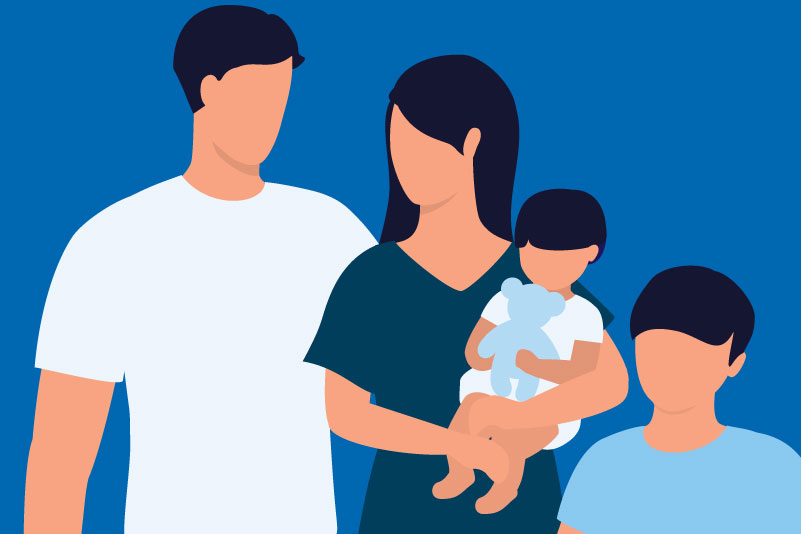#361 Preventing RSV Infections in Infants

Reading Tools for Practice Article can earn you MainPro+ Credits
Join NowAlready a CFPCLearn Member? Log in
- From highest quality systematic review or key randomized controlled trials (RCTs). Comparisons statistically different unless indicated.
- Palivizumab: 4-5 doses monthly during RSV season;
- Systematic review (5 RCTs, 3443 infants)1 with two dominant placebo-controlled RCTs: Infants born <35 weeks or with bronchopulmonary dysplasia2 or congenital heart disease.3 At two years:
- RSV hospitalization: 4.4% versus 9.8% (placebo), relative risk reduction (RRR)=55%; number needed to vaccinate (NNV)=19.
- Mortality: 1.3% versus 2.3% placebo (not statistically different).
- Systematic review (5 RCTs, 3443 infants)1 with two dominant placebo-controlled RCTs: Infants born <35 weeks or with bronchopulmonary dysplasia2 or congenital heart disease.3 At two years:
- Nirsevimab: Single-dose; given before/during RSV season.4-7
- Versus placebo:
- Premature, healthy: 1453 infants (born between 29-35 weeks).4 At 150 days:
- RSV hospitalization: 0.8% versus 4.1% (placebo); RRR=81%; NNV=31.
- Mortality (after one year) 0.2% versus 0.6% placebo, not statistically different (PEER calculation).
- Term/near-term, healthy: 3012 infants.5,6 At 150 days:
- RSV hospitalizations: 0.4% versus 2.0% (placebo): RRR=78%; NNV=63.
- Deaths (after one year): 3 nirsevimab versus 0 placebo (none attributed to nirsevimab or RSV).
- Premature, healthy: 1453 infants (born between 29-35 weeks).4 At 150 days:
- Versus no treatment (unblinded):
- 8058 infants: 85% born ≥37 weeks.7 At three months:
- RSV hospitalizations: 0.3% versus 1.5% (no treatment); RRR=82%, NNV=82.
- One-year data forthcoming.
- 8058 infants: 85% born ≥37 weeks.7 At three months:
- Versus placebo:
- Adverse events: Similar between palivizumab, nirsevimab and placebo.1,4-8
- Limitations: Many RCT authors were shareholders/employees of industry funder.4,5
- In Canada, RSV responsible for ~2,500 childhood hospitalizations annually.9 Of those hospitalized:
- ~80% had no underlying medical conditions, were <2 years old.10
- Mortality: 2/1000.
- In Canada, palivizumab recommended for high-risk infants:11
- Prematurity (<30 weeks).
- <2 years with chronic lung/congenital heart disease.
- Living in remote/northern communities.
- Nirsevimab:
- Anticipated Canadian availability/guidance/pricing:12 2024
- Versus palivizumab: Less costly (per patient).13
- In US, recommended for all infants <8 months entering first RSV season.10
- Second season: for high-risk infants (8-19 months).















The stats are good to know for patients who are hesitant and want to get more information to make an educated decision